In recent years, the shift towards renewable energy sources has gained considerable momentum. Among the many eco-friendly alternatives, solar energy stands out as a viable and sustainable solution. One area where solar power has seen significant advancements is in heating water. In this article, we will explore the concept of solar water heaters, their benefits, and the various types available in the market. Harnessing Solar Power for Water Heating: Solar water heaters rely on the sun’s energy to heat water for various residential and commercial purposes. This eco-friendly technology reduces carbon emissions, helps conserve fossil fuels, and lowers utility bills.
solar water
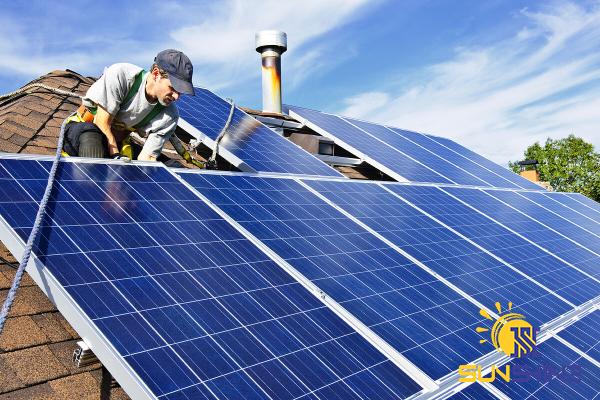 By leveraging this abundant and renewable energy source, solar water heaters provide an efficient and reliable way to heat water. 1. Active Solar Water Heater Systems: Active solar water heater systems involve the use of pumps or other mechanical devices to circulate water or heat-transfer fluids, which collect solar energy from solar collectors. There are two main types of active systems: direct and indirect. a. Direct Systems: In a direct system, water flows directly through the solar collectors, where it is heated by the sun and then stored in a well-insulated storage tank. These systems are suitable for areas with no risk of freezing temperatures. b. Indirect Systems: Indirect systems utilize a heat-transfer fluid, such as antifreeze, to collect solar energy.
By leveraging this abundant and renewable energy source, solar water heaters provide an efficient and reliable way to heat water. 1. Active Solar Water Heater Systems: Active solar water heater systems involve the use of pumps or other mechanical devices to circulate water or heat-transfer fluids, which collect solar energy from solar collectors. There are two main types of active systems: direct and indirect. a. Direct Systems: In a direct system, water flows directly through the solar collectors, where it is heated by the sun and then stored in a well-insulated storage tank. These systems are suitable for areas with no risk of freezing temperatures. b. Indirect Systems: Indirect systems utilize a heat-transfer fluid, such as antifreeze, to collect solar energy.
Specifications of solar water
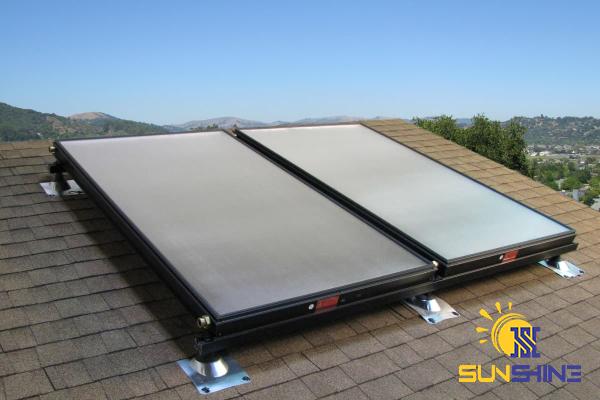 This fluid circulates through the solar collectors to absorb heat, which is then transferred to the water via a heat exchanger. Indirect systems are ideal for colder climates, as they prevent freezing and provide year-round functionality. 2. Passive Solar Water Heater Systems: Passive solar water heater systems rely on gravity and natural circulation to heat water. These systems can be further classified into two types: integral collector-storage passive systems and thermosyphon systems. a. Integral Collector-Storage Passive Systems: Also known as batch systems, these units consist of a storage tank that is directly integrated with the solar collector. Water is heated as it circulates through the collector during the day and is stored for use when needed. This simple and cost-effective design makes integral collector-storage passive systems suitable for regions with mild climates.
This fluid circulates through the solar collectors to absorb heat, which is then transferred to the water via a heat exchanger. Indirect systems are ideal for colder climates, as they prevent freezing and provide year-round functionality. 2. Passive Solar Water Heater Systems: Passive solar water heater systems rely on gravity and natural circulation to heat water. These systems can be further classified into two types: integral collector-storage passive systems and thermosyphon systems. a. Integral Collector-Storage Passive Systems: Also known as batch systems, these units consist of a storage tank that is directly integrated with the solar collector. Water is heated as it circulates through the collector during the day and is stored for use when needed. This simple and cost-effective design makes integral collector-storage passive systems suitable for regions with mild climates.
buy solar water
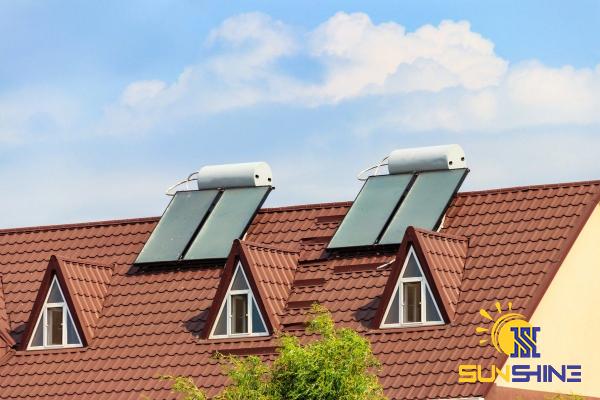 b. Thermosyphon Systems: Thermosyphon systems use natural convection to circulate water between the collector and the storage tank. Cold water is denser and flows to the bottom of the collector, where it is heated and rises naturally into the storage tank. This circulation process continues as long as solar radiation is available. Thermosyphon systems are effective and robust, making them suitable for areas with higher hot water demands. Conclusion: Solar water heaters offer a sustainable solution for heating water, reducing reliance on non-renewable energy sources, and decreasing carbon footprints. By understanding the various types of solar water heaters available, businesses and individuals can make informed decisions to harness the potential of solar energy. Whether it’s an active or passive system, the versatility and efficiency of solar water heaters make them a key component of a cleaner and greener future.
b. Thermosyphon Systems: Thermosyphon systems use natural convection to circulate water between the collector and the storage tank. Cold water is denser and flows to the bottom of the collector, where it is heated and rises naturally into the storage tank. This circulation process continues as long as solar radiation is available. Thermosyphon systems are effective and robust, making them suitable for areas with higher hot water demands. Conclusion: Solar water heaters offer a sustainable solution for heating water, reducing reliance on non-renewable energy sources, and decreasing carbon footprints. By understanding the various types of solar water heaters available, businesses and individuals can make informed decisions to harness the potential of solar energy. Whether it’s an active or passive system, the versatility and efficiency of solar water heaters make them a key component of a cleaner and greener future.
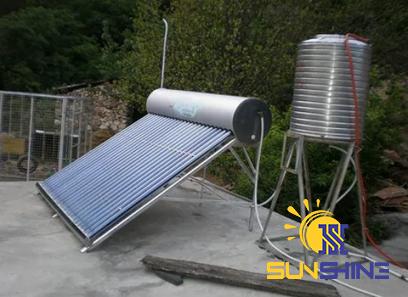
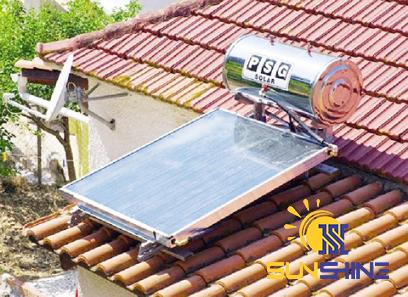
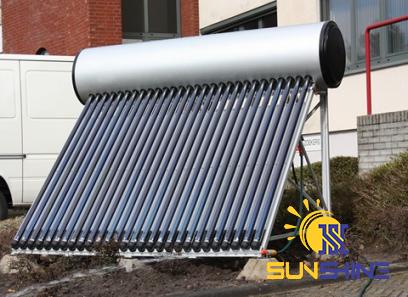
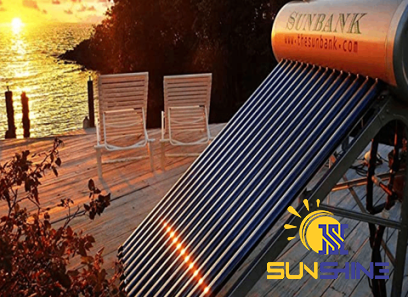
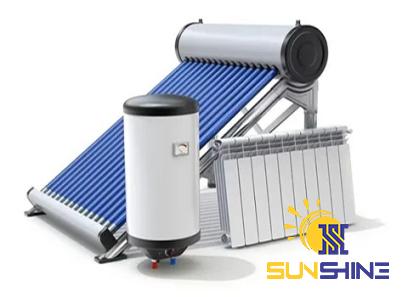
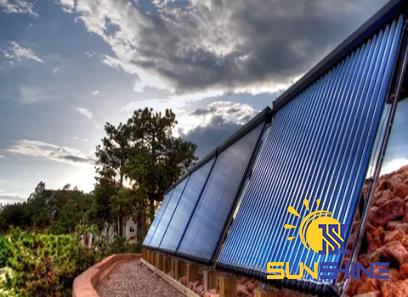
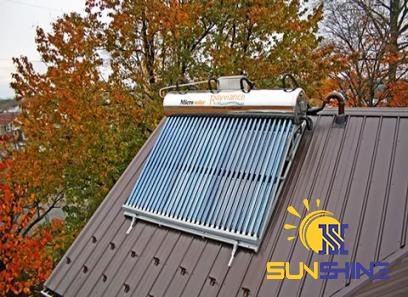
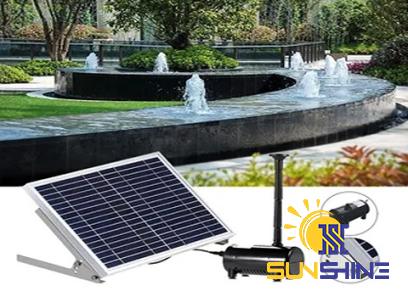
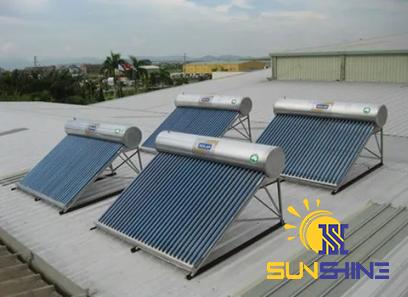
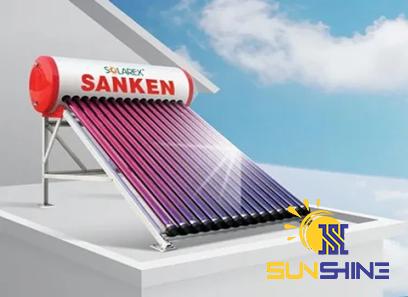
Your comment submitted.